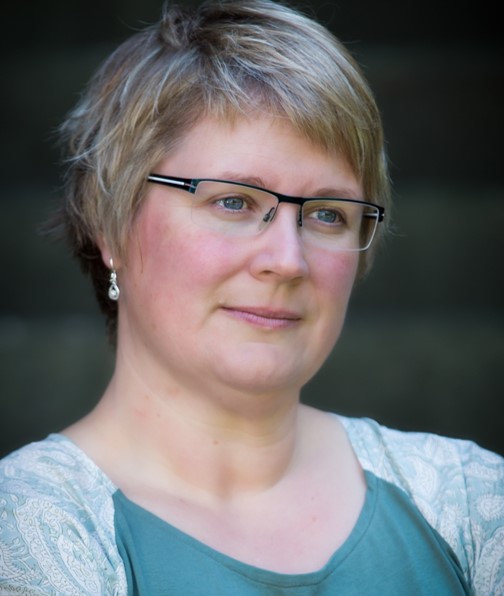
 |
Dr Emma Merry
Medical Specialist,
Organ Donation New Zealand |
|
Emma Merry is a Specialist Medical Officer with Organ Donation New Zealand. She is dual qualified in Intensive Care Medicine and Palliative Medicine and works as SMO Palliative Medicine at Hawke's Bay Fallen Soldiers' Memorial Hospital in Hastings. Emma has a strong interest in medical education and has a Master's in Clinical Education from the University of Auckland on the topic of motivation in clinical teachers. In her spare time she enjoys sampling the local Hawke's Bay wines and cycle trails, though not simultaneously. Deceased Organ Donation in New Zealand: Rewards Come From Hard Work Emma Merry, James Judson, Stephen
Streat Introduction: Deceased organ donation in New Zealand has doubled over the 5 years between 2013 (36 donors; 8.7dpmp) and 2017 (73 donors; 15.3dpmp). Method: ODNZ supports Intensive Care Unit (ICU) teams in New Zealand’s 24 ICUs to maximise the potential for deceased organ and tissue donation. This guidance incorporates an ongoing audit of deaths with twice yearly audit workshops and discussions at individual site visits; providing on-site education for ICU and operating theatre hospital staff involved with the process; providing 24/7 clinical support from donor coordinators and ODNZ medical specialists; developing and sustaining collaborative relationships with colleagues in ICUs around the country; and developing best-practice solutions to the challenges that arise. Maximising the potential for donation initially focused on identifying all opportunities for Donation after Brain Death (DBD). This is now supplemented by i) accrediting ICUs for donation after circulatory death (DCD); ii) identifying potential donors in Emergency Departments; iii) supporting excellent end of life communication in ICUs. Paediatric donor numbers are small: this represents an area of interest for ODNZ for the future. Results: Deceased donation has doubled over 5 years. Conclusion: ODNZ hopes to continue the trend of increased deceased donation in NZ by continuing collaborative working backed up by clinical expertise, attention to detail and robust data collection and analysis, which appear to be successful tools.
|